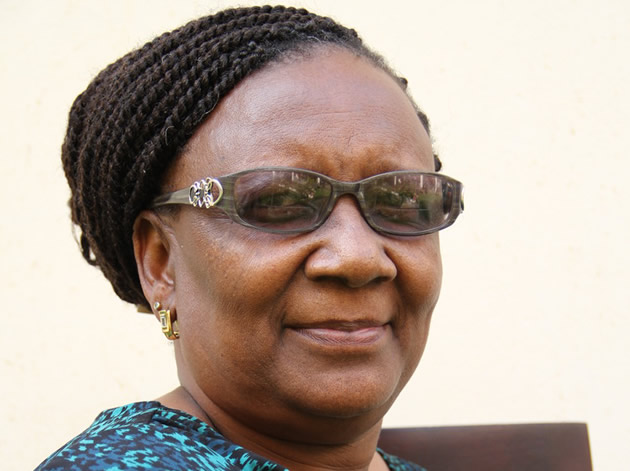Trophy hunts bag $25 million in 2 months

Oliver Kazunga, Senior Business Reporter
ZIMBABWE has so far generated $25 million from selling trophies during the 2016 hunting season that started in April and is on target to meet the $100 million the sector raised last year.
Safari Operators Association of Zimbabwe (SOAZ) president Mr Emmanuel Fundira told Business Chronicle yesterday that the country’s hunting industry is considered critical in terms of revenue generation.
“We’re looking at again meeting the $100 million that we raised through hunting trophies last year,” he said.
“So far, we’ve raised $25 million and we’re on target in terms of generating revenue despite the challenges that we currently have.”
Among other challenges, SOAZ is grappling with the United States of America’s decision to ban hunting trophies from Zimbabwe.
Early this year, the United States said it would not allow the importation of hunting trophies from Zimbabwe as it felt that Government revenues were not being channelled towards the communities where the wild species reside.
The US has argued that most of Zimbabwe’s revenue generated from hunting goes mainly to national conservation parks instead of benefiting the communities from which the hunted species are located.
“Two weeks ago, I was in Namibia for an African Charter where we agreed on the need for self-regulation to address some of the challenges that we’re facing. Part of the argument was that the hunting industry is critical in terms of the economy and improving the livelihoods of communities around wildlife,” said Mr Fundira.
“We also agreed that there must be much broader support from our governments as African safari operators in order to address the current challenges in the hunting industry.”
Despite the embargo by the USA on hunting trophies from Zimbabwe, the local industry has embarked on an aggressive marketing drive to attract new buyers from regional and global markets.
He said the association would always support measures by trophy importing countries to ensure hunting is better regulated.
The US is the biggest market for the local hunting industry ahead of Canada and if hunting products are banned, it is expected other countries will follow suit.
Lion hunting in Zimbabwe is the biggest attraction and contributor to the hunting industry.











Comments